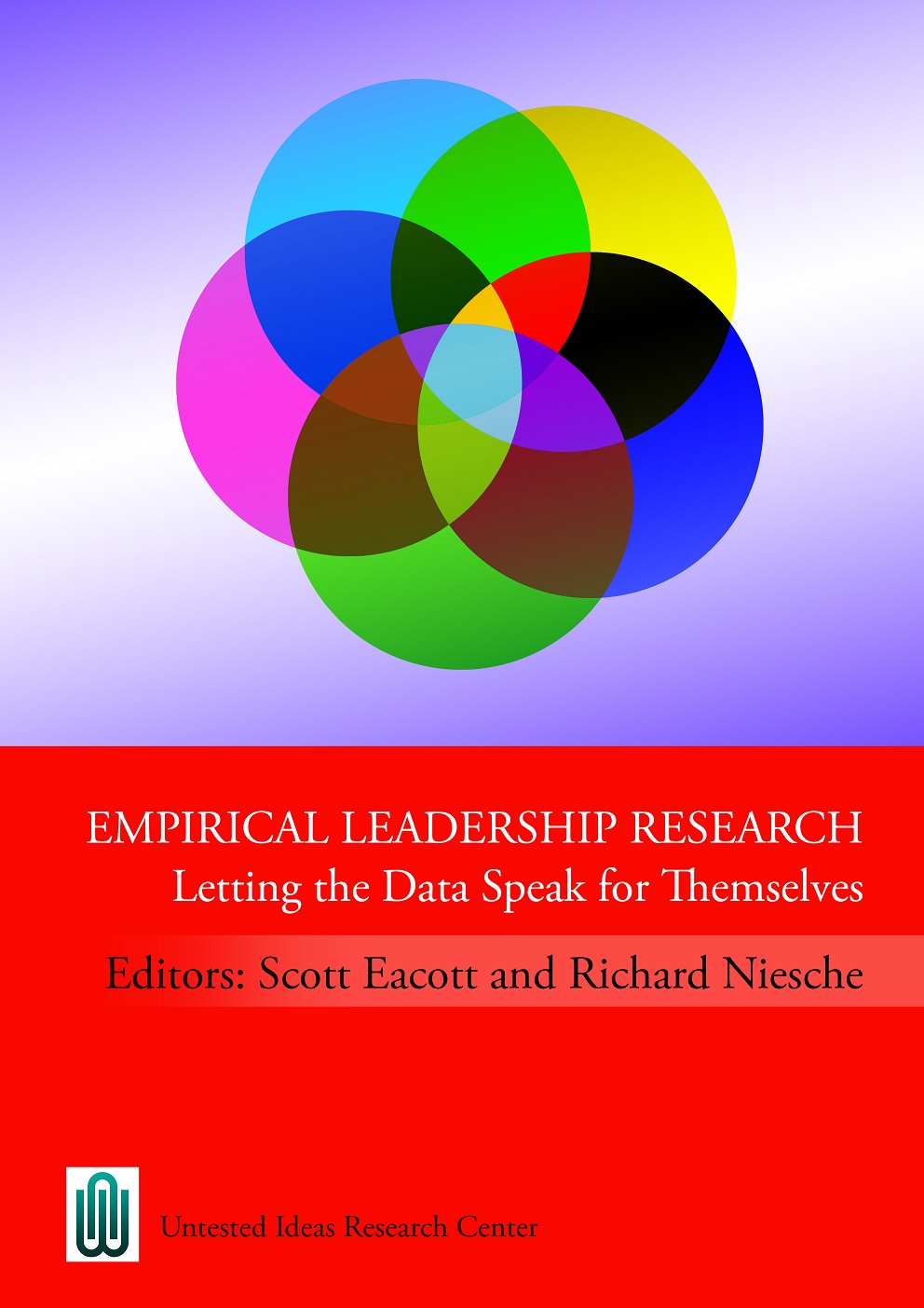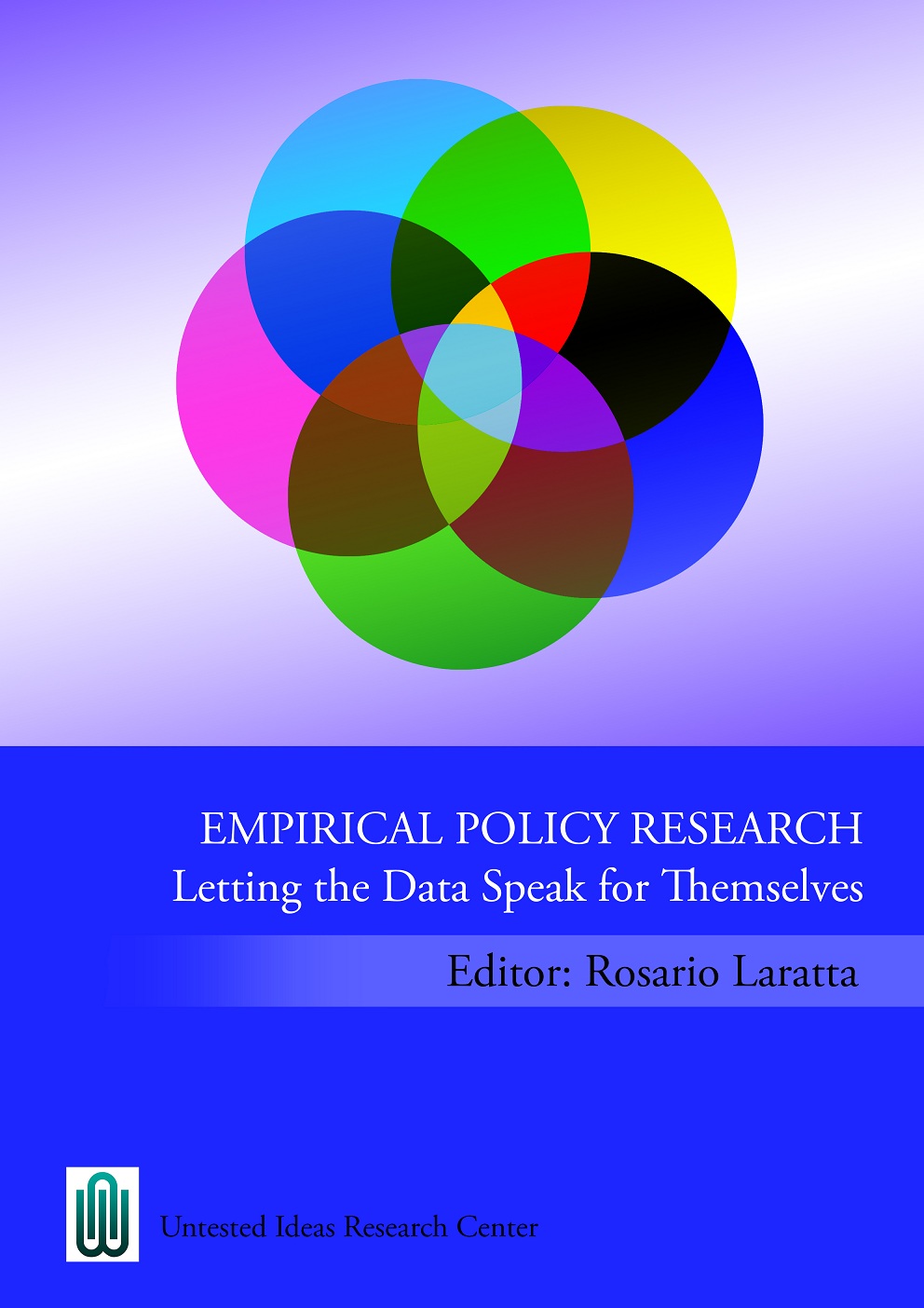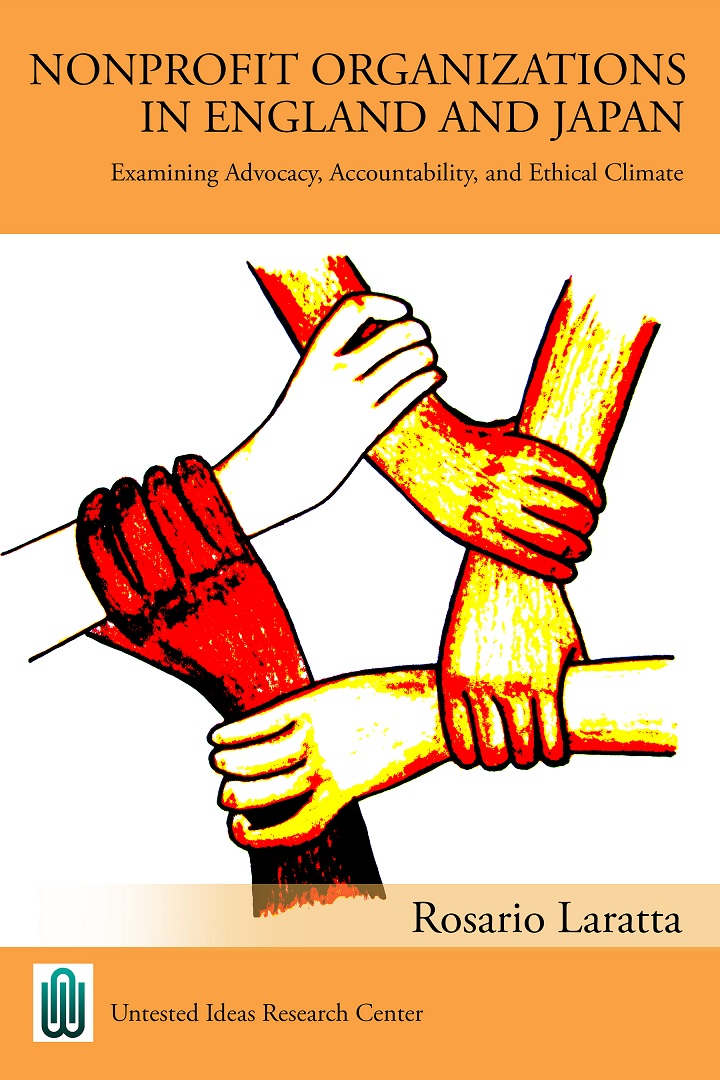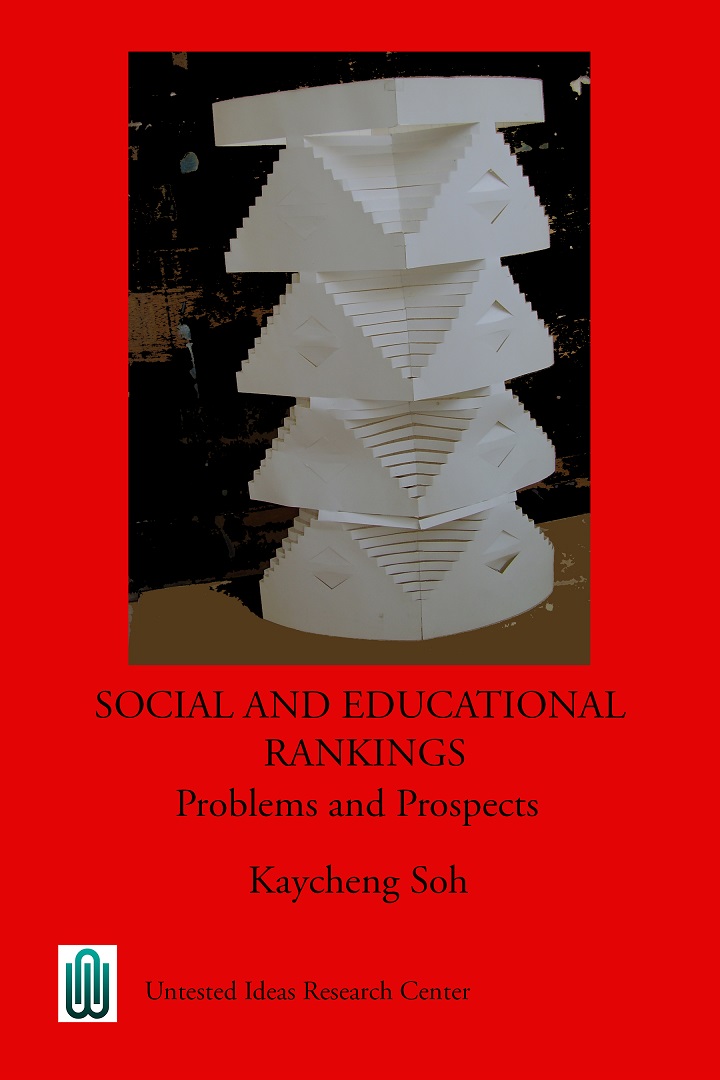

 |
| Description: This edited collection brings together a wide range of empirical studies in leadership and organization studies. Building from the Inaugural Untested Ideas International Conference, the strength of the book lies in the wide variety of approaches that characterize the fields of leadership and organization studies, rather than promoting any one particular view. This collection will be of interest to a broad range of scholars seeking to engage with the latest research in the fields of leadership and organization studies. ** To order this book, please email untestedideas@163.com |
 |
| Description: This book is an innovative volume applying good governance to tightly specified policy topics. It offers a wide-ranging, internationally-focused selection of cutting-edge work from leading academics and practitioners. It was organized along the theme of citizens’ participation in policy decision-making processes, including: a) new types of partnerships; b) new forms of public scrutiny; c) processes for participatory planning; d) participatory approaches to prioritizing budgets; and e) educational policy-making, an area where one often experiences failure governance. ** To order this book, please email untestedideas@163.com |
 |
| Description: This book breaks new ground in critical theorizing in the nonprofit sector. It does so by opening the proverbial Pandora s Box of how values may organize the nonprofit sector and showing how nonprofit executives can end up elevating financial and regulatory accountability over user accountability. The author compared two groups of social service nonprofit executives, one in England and the other in Japan, and found that in England - where nonprofit executives feel aligned with users - they felt more of a conflict with government standards, but less of a need to institutionalize accountability to users. In contrast, in Japan - where nonprofit executives were more concerned with the community or society at large - they did not feel a conflict with government standards, but they elevated accountability to the community rather than accountability to users. This book will help both academics and practitioners to better understand the nature of the relationship between nonprofits and governments in England and Japan. ** To order this book, please email untestedideas@163.com |
 |
| Description: Social and educational ranking have become rather popular nowadays. Every now and then, the media will highlight the outcomes of some kind of ranking of a social or educational nature. The general public may take it as a piece of significant information or entertainment, depending on their interest and social conscience. Personnel at various levels of the ranked countries and institution take it more seriously as they are stake-holders, whose reputation and future may be dependent on the ranking results. In a highly competitive world of to-day, no one want to be a loser, everyone want to be a winner. And, so the game of ranking not only goes on but prospers. This monograph does not try to summarize the many criticisms as they are readily available in the journals and the WWW. It tries to draw attention to some common problems and issues, including spurious precision, loss of information, unrealized weightings, assumed compensation, indicators configuration, find ranking versus broad grouping, and comparability of scores between-year and across-system. The monograph is prepared for two major groups of audience. First are people whose jobs are directly or indirectly being ranked and who may use the ranking outcomes and related information (e.g., of the indicators) for evaluation of past performance with a world view and strategic planning for the future. The second group of audience is professors and their post-graduate students. Being intellectual leaders, they have the moral obligation to perform a watch-dog function by studying and evaluating ranking results whenever these are published. ** To order this book, please email untestedideas@163.com |